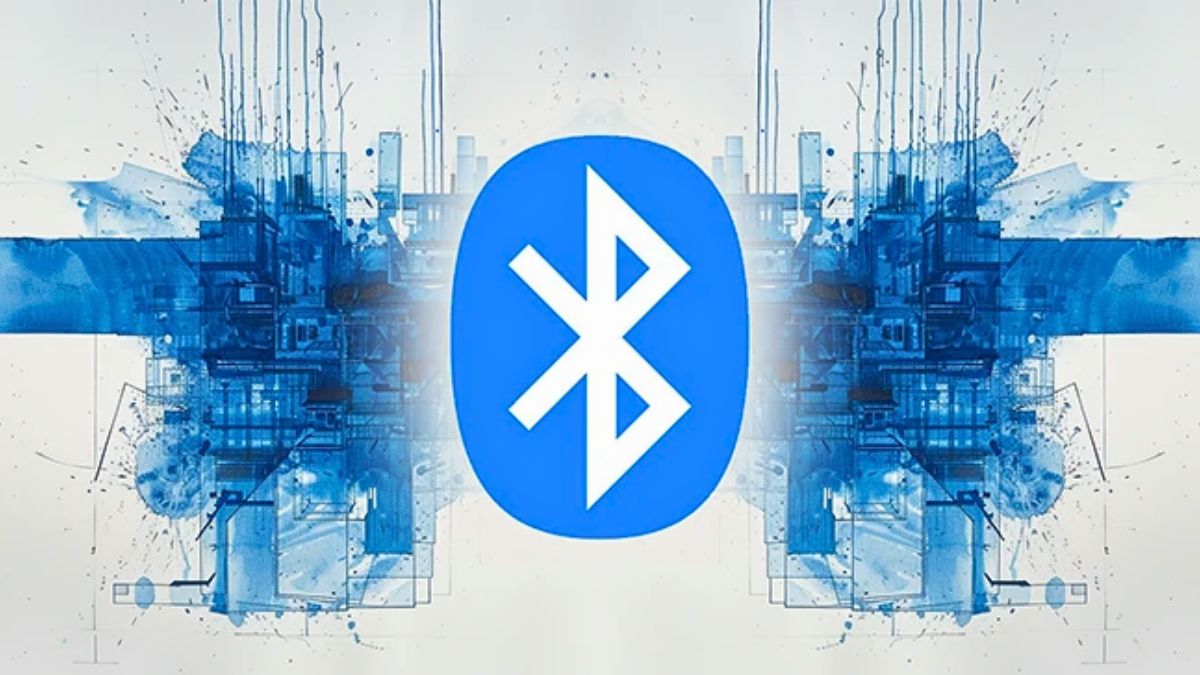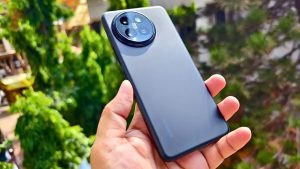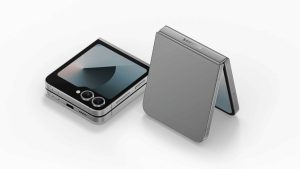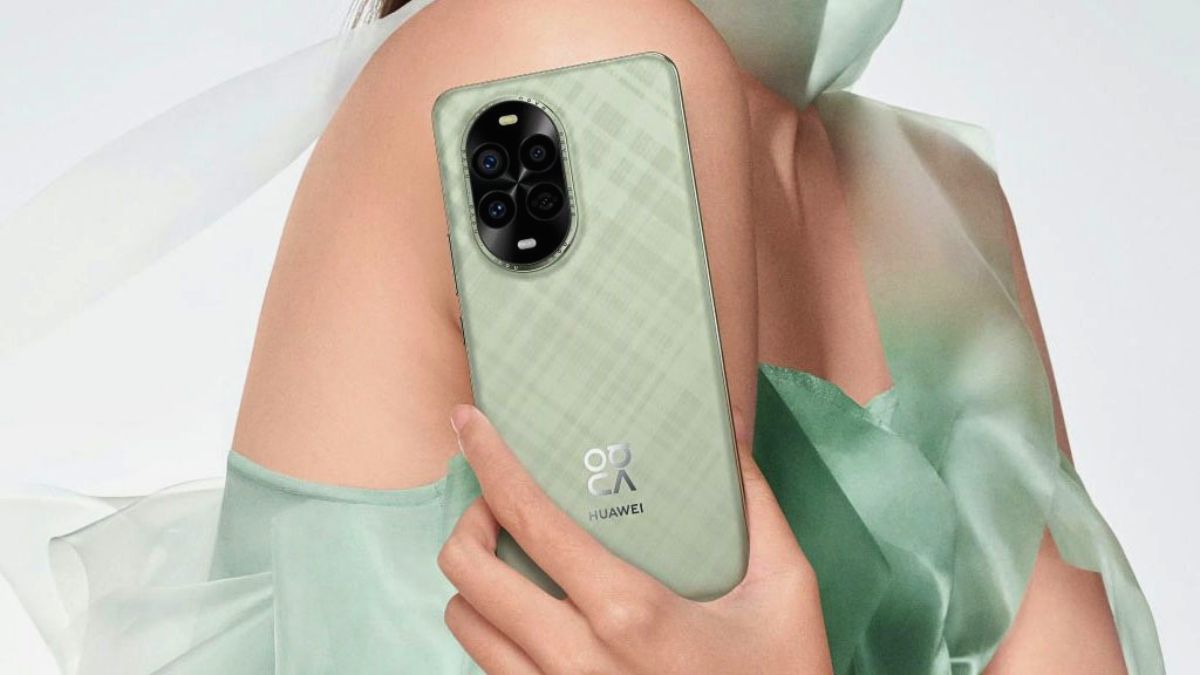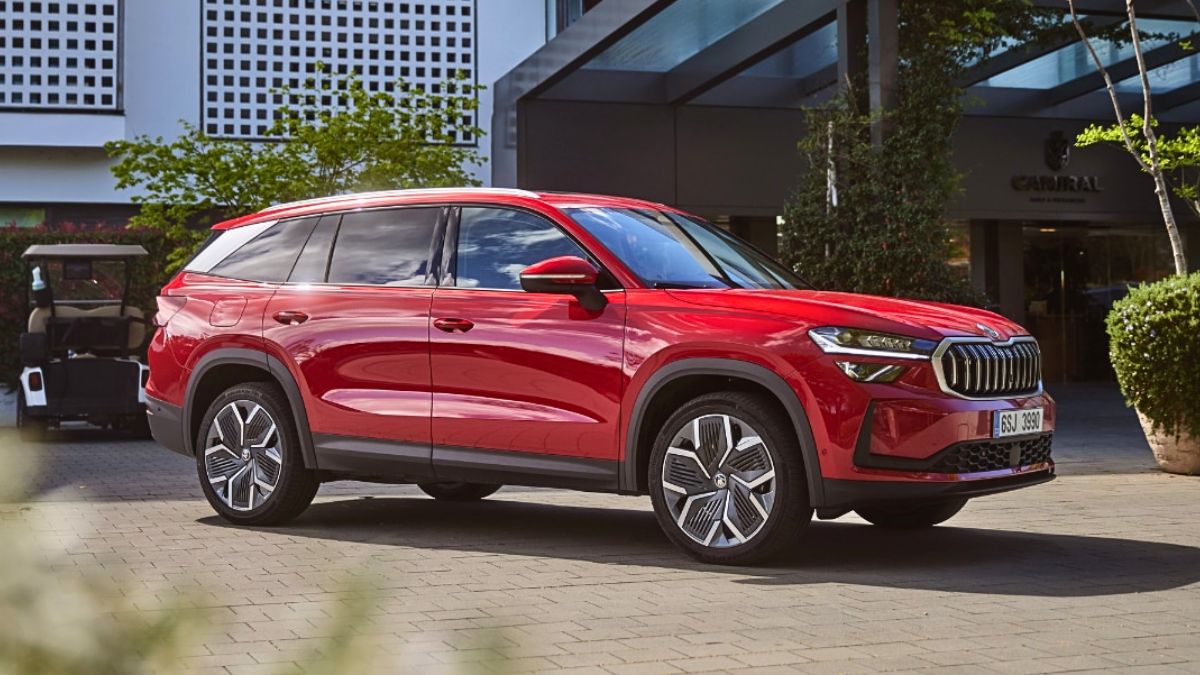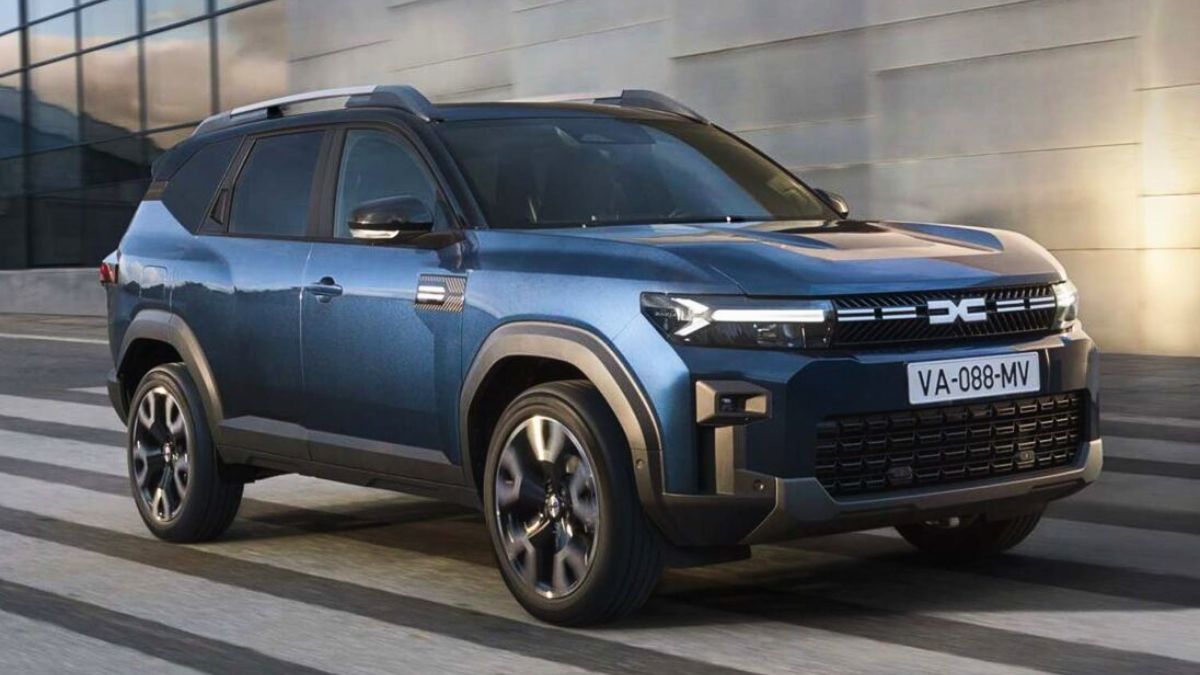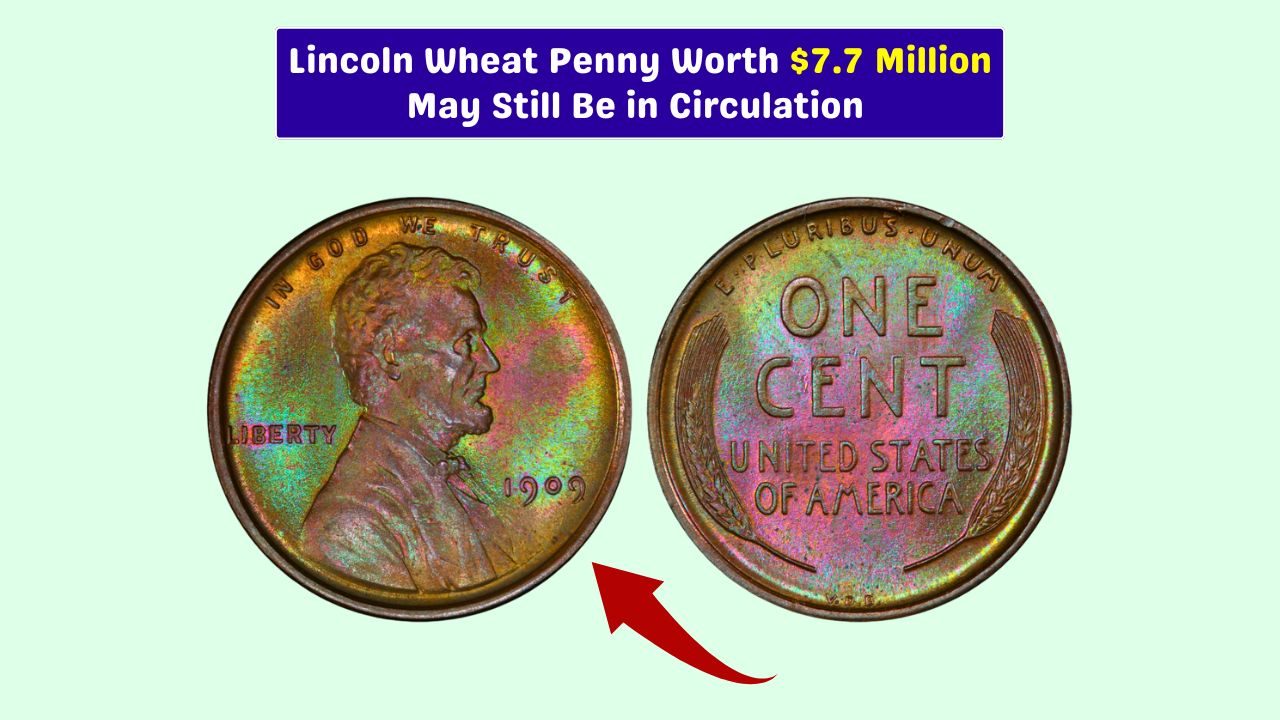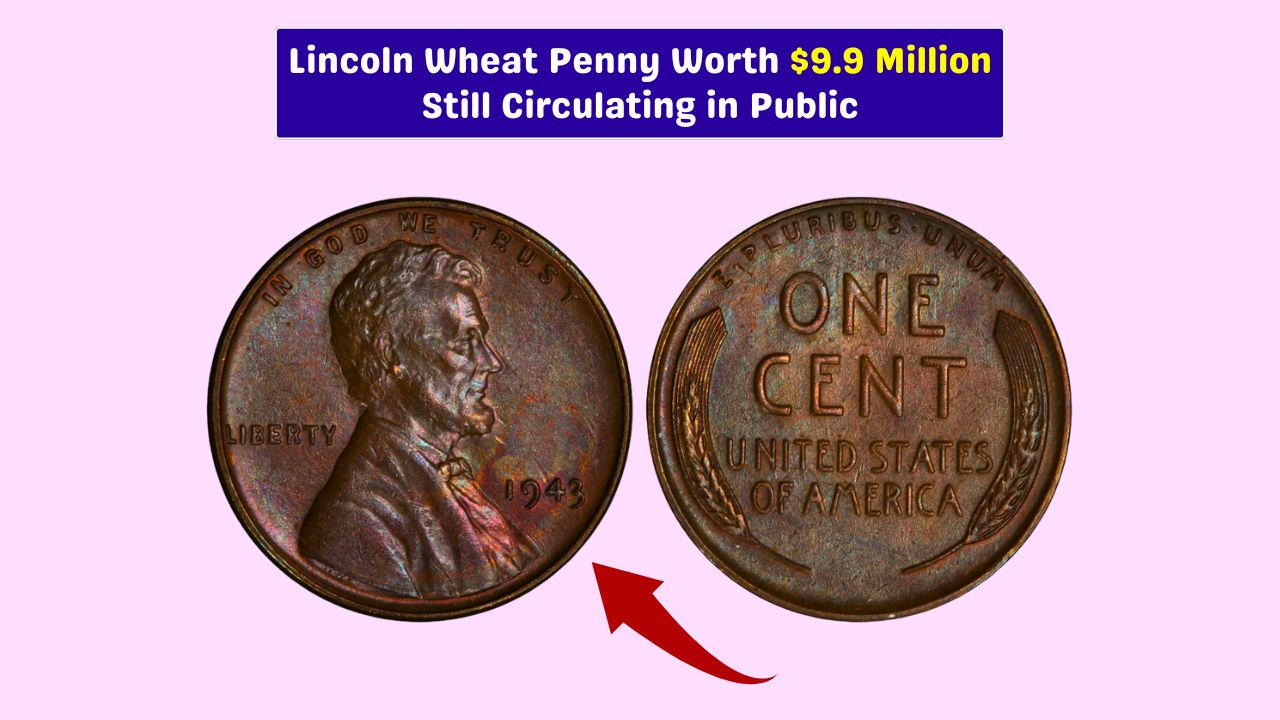The Bluetooth Special Interest Group (SIG) has officially announced Bluetooth 6.1, the latest version of the widely used wireless connectivity standard. This update is focused on two key areas that matter most to users today—privacy and power efficiency. Devices with Bluetooth 6.1 are expected to hit the market by 2026, but the benefits of the new standard are already generating buzz.
Privacy
One of the standout changes in Bluetooth 6.1 is a new approach to device privacy. The previous version, Bluetooth 6, introduced something called Resolvable Private Address (RPA) to help mask the actual MAC address of a device. While this was a step in the right direction, the address was changed every 15 minutes in a fixed pattern—making it still somewhat predictable.
Bluetooth 6.1 improves on this by randomising the timing of those address changes. Now, RPAs can refresh anytime between 8 and 15 minutes, with the timing picked at random. This makes it much more difficult for anyone to track a Bluetooth device by identifying when its MAC address changes.
In simpler terms, if someone was trying to track your fitness band or wireless earbuds, it just got a lot harder. The randomised nature of Bluetooth 6.1 makes tracking significantly less effective and gives users an extra layer of protection while using wireless devices in public spaces.
Battery
Bluetooth 6.1 also brings improvements in how it handles power usage, especially for smaller, battery-powered devices. One of the major tweaks is offloading the task of generating these randomised RPAs to the Bluetooth chip (also known as the controller) instead of the main processor.
Why is that important? Because constantly waking up the main processor just to change the device’s address consumes unnecessary power. By letting the Bluetooth controller handle these tasks independently, devices can stay in low-power modes for longer. That means better battery life for gadgets like TWS earphones, fitness trackers, smartwatches, and portable speakers.
This efficiency upgrade is crucial for wearables and other compact gadgets where every bit of battery life counts. Users could start seeing noticeable improvements in standby and active time once Bluetooth 6.1-enabled devices start hitting store shelves.
Availability
Don’t expect Bluetooth 6.1 to show up in your next smartphone or smartwatch just yet. As per the Bluetooth SIG, devices supporting the new standard are likely to arrive sometime in 2026. Manufacturers will first need to adopt the updated chips and complete the certification process before rolling out new hardware.
In the meantime, the Bluetooth SIG has adopted a new bi-annual update schedule, meaning we can expect another update—likely Bluetooth 6.2—by late 2025. This regular release cycle ensures that Bluetooth continues to evolve and stay ahead of user needs, whether it’s better sound quality, improved range, or stronger privacy features.
Bluetooth 6.1 may not bring flashy upgrades, but its under-the-hood improvements make it a meaningful step forward. With smarter privacy protection and better battery efficiency, it’s setting the stage for a new generation of smarter, safer, and more efficient wireless devices.
FAQs
When will Bluetooth 6.1 devices launch?
They are expected to arrive by 2026.
What is new in Bluetooth 6.1?
It adds randomised RPA timing and better power use.
What is RPA in Bluetooth?
It hides your device’s MAC address to boost privacy.
How does Bluetooth 6.1 save battery?
RPA tasks now run on the Bluetooth chip, not CPU.
When is the next Bluetooth update?
The next version will launch by late 2025.
